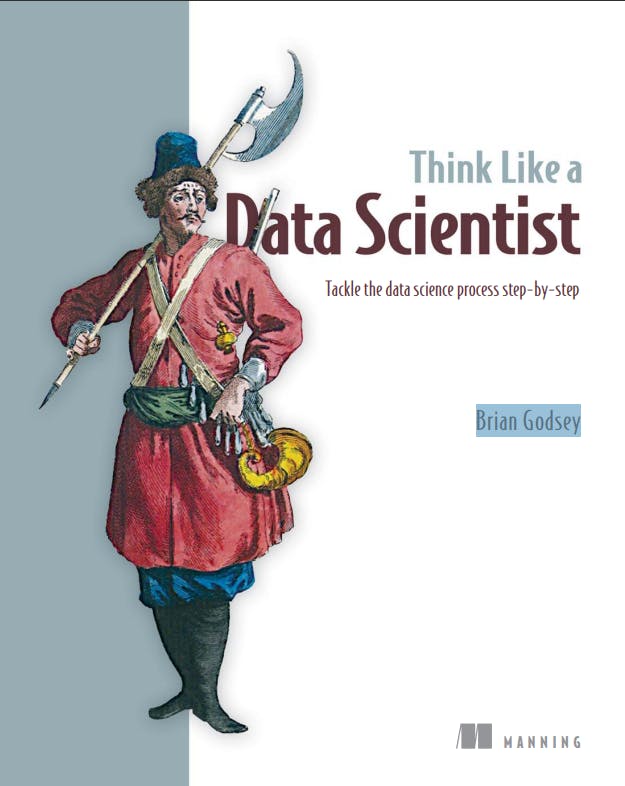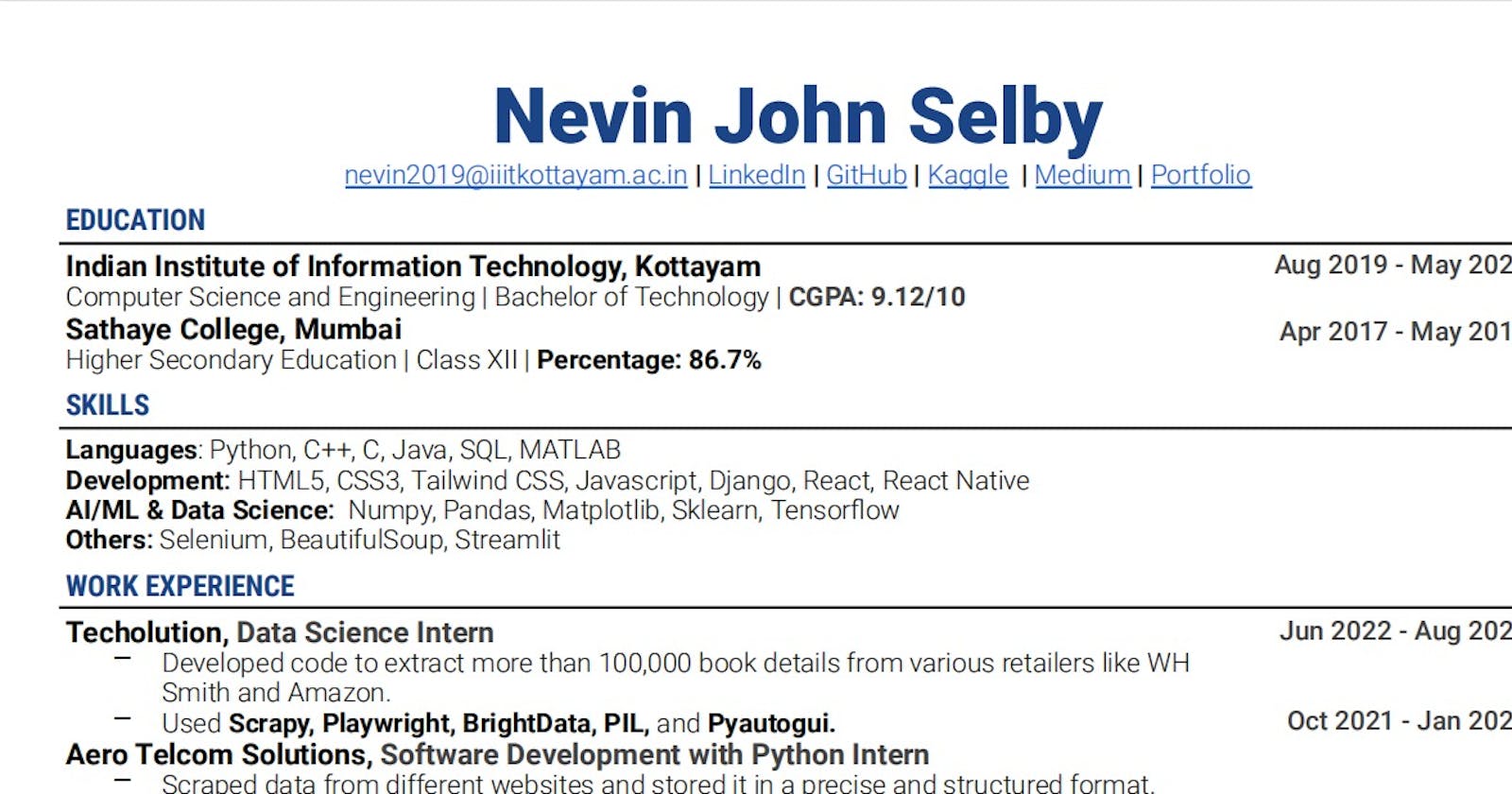Embarking on my journey in data science during my second year has been a transformative experience, allowing me to dive into the fascinating world of data analysis and machine learning.
Learning Sources

In my pursuit of knowledge, I have explored a range of online learning platforms that have shaped my understanding of data science and machine learning. Platforms such as Coursera, Udemy, and Udacity have offered comprehensive courses, providing me with a solid foundation in key concepts, algorithms, and practical implementations. These structured courses have been instrumental in honing my skills and understanding the core principles of data science.
In addition to formal courses, YouTube tutorials have played a pivotal role in expanding my horizons. By delving into coding walkthroughs, practical demonstrations, and insightful discussions, I have gained a deeper understanding of complex topics and explored diverse perspectives. The wealth of content available on YouTube has allowed me to learn about different approaches and witness real-world applications of data science and machine learning.
Engaging with communities such as DPhi (AI Planet), Evidently AI, and some MLOps channels in Discord provided me with a collaborative learning environment, facilitating discussions, knowledge sharing, and networking with fellow data enthusiasts and experts.
Practical Experience
To fortify my knowledge and bridge the gap between theory and practice, I sought internships as a data scientist intern and a machine learning engineer intern at startups and companies. These invaluable experiences allowed me to work with real-world data, solve challenging problems, and apply the principles I learned. By immersing myself in these roles, I gained a deeper understanding of data manipulation, feature engineering, model selection, and performance evaluation.
"Think Like A Data Scientist" - by Brian Godsey

Throughout my journey, the book "Think Like a Data Scientist" served as a guiding light, providing profound insights and lessons. It emphasized the importance of asking the right questions, formulating hypotheses, and gaining a deep understanding of the problem domain before diving into data analysis. The book likely delved into strategies for handling missing or noisy data, selecting appropriate models, interpreting results, and effectively communicating findings. "Think Like a Data Scientist" has been instrumental in shaping my mindset, enabling me to approach data science projects holistically and think critically about problem-solving.
What are my next steps?
To further refine my skills and expand my knowledge, I am thrilled to pursue a Master's in Data Science at the prestigious University of Wisconsin-Madison. Ranked #83 globally according to QS World University Rankings, the program promises a rigorous curriculum, cutting-edge research opportunities, and exposure to leading experts in the field. By immersing myself in an academic environment known for its excellence, I aim to delve deeper into the intricacies of data science, explore advanced methodologies, and contribute to groundbreaking research in the field.
PS: Even if data science dies in the future, the skills learned on this journey can be used in many aspects of life. Some examples include personal finance, stock market analysis for trading/investing, etc. The analysis skills can also be used to find the next big thing after data science ;)
You can view my resume at Resume - Google Docs
Here's the link to my portfolio: Nevin Selby
You can also connect with me on LinkedIn: Nevin Selby | LinkedIn
